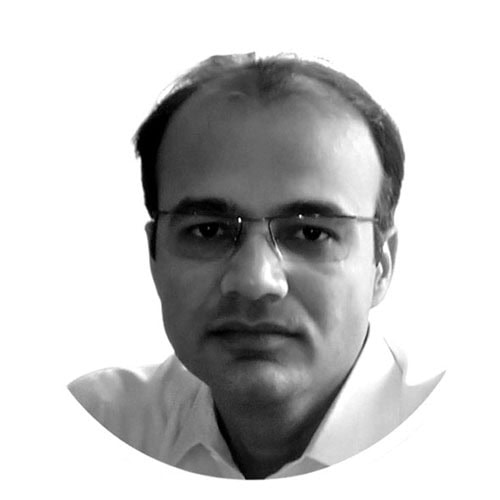Social change in Pakistani society
IN sociology, social change is defined as the alteration of mechanisms within the social structure, characterized by changes in cultural symbols, rules of behaviour, social organizations, or value system.
Simply, it is the study of shifts in attitudes and behaviour that characterize a society. No doubt, society moves forward by evolutionary means. So, it is possible to observe a candid change in the socio-economic structures of society.
In Pakistan, over the years, an upper-tier national social organization has evolved, comprising provincial and regional communities.
The Pakistani society coincides with the nation-state. Pakistan’s rich history is reflected in the racial, linguistic, and cultural diversity of its population.
Historically, Periodic waves of invaders from central Asia introduced new racial and cultural strains in the indigenous population of the area.
Although the newcomers were assimilated in local communities, their ancestral origins morphed into ethnic and caste identities, such as Khans, Rajputs, Mughuls, Qureshis, Sayyids, etc.
The combination of physiognomic, cultural, and linguistic differences has laid the groundwork for ethnic diversity in Pakistan.
These differences were further sharpened by the British colonial policy of classifying people by ethnicity and caste. Pakistani society is pluralistic regarding cultures and languages. In Pakistani society, social change is palpable and is evident. This thing that is difficult to understand is the direction of change.
Is it a march toward modernism, oscillations from the traditional to modern ways and back, or fracturing of a coherent social system? But presently another question is more pressing, namely, what processes and forces are driving the change?
Historical events, external economic and political forces, technological advances, internal political and social dynamics, and the diffusion or invention of new ideas and practices are some of the known “causes” of social and cultural changes.
The point is that there is a very rich menu of theories to choose from in seeking explanations of social change in Pakistan.
Yet the challenge lies in uncovering the structure of Pakistan’s social change. If we enlist the causes of social change in Pakistan then it would be a long list.
Technology, Social Movements, Political processes, Media, Consumerism and Education are the major causes of social change in Pakistan.
Now, it is impossible to imagine our lives without modern technology. Technology can create change in the other forces of social change. In Pakistan, technological implementations caused a digital divide. Change can also occur from people joining together for a common cause.
This is called a social movement. Social movements are classified according to the kind of change they are seeking. In Pakistan, social movements like ‘Aurat March’ and different political movements became the causes of rapid social change.
In today’s modern world, media has a great role in spreading awareness among the masses.
Like other countries, in Pakistan, the media has played a major role in positive developments like gender bias, poverty and spreading awareness about the need for a peaceful world.
Our religious, social and cultural values are being modified due to excessive coverage of the foreign content on our national media. Pakistani media has a much bigger responsibility than any other media in the world.
It has to work and educate the masses about the importance of religious harmony and the concept of coexistence. It has to inculcate the importance of pluralism in the minds of the people.
In Pakistan, the functioning of the state apparatus itself and the nature of interstate relations are also of decisive importance in changing society. Different political movements and political unrest also mending the way for a social change.
The change in the perception of the masses about human and citizen rights is a valuable outcome of political movements.
In Pakistan, the relationship of education with social change is not simple. Simply, our society wishing to change or modernize itself and has to employ several means, instruments, institutions, agents or agencies to achieve its desired goals.
Among such means, education is the most important. Education provides necessary training in skills and occupations.
Not only this, modern education is changing the values and attitudes of people. The role of education in bringing about social change or modernization in Pakistan is significant.
Pakistani society is vibrant. It is oscillating between tradition and modernism. People are aspirant to adopt modern lifestyle and want to enjoy modern facilities of urban life. The penetration of western culture through technology, media and modern education is evident.
Middle and lower-middle classes in society are trying to find a way to carry tradition and modernism equally. There is a conflict and differences in ideas between advocates of tradition and modernism.
Pakistani society is in a transition phase of social change. At this time, Pakistani society is neither completely traditional nor fully modern. Now, in Pakistan, it is very important to identify the direction of social change and maintain a suitable pace because it is necessary for a stable and peaceful society.
—The writer is Lecturer Department of Humanities and Social Sciences, Khwaja Fareed University of Engineering and Information Technology, Rahim Yar Khan, Pakistan.








